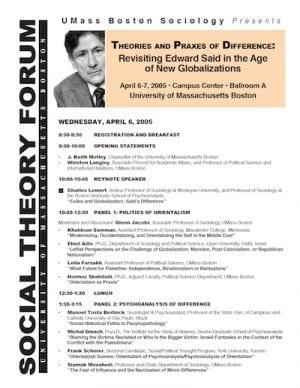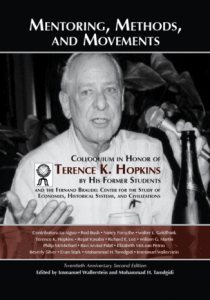Proceedings Journal Article — Verdi’s Disciplined Subjects: Radamès, Amneris, and the Power of the Panopticon — by Christopher Gauthier & Jennifer McFarlane-Harris
$15.00
This article utilizes themes from Edward Said’s influential work Orientalism and Michel Foucault’s analyses of power to locate Verdi’s Aida in a social and cultural context of colonization and control.
Description
Abstract
This article utilizes themes from Edward Said’s influential work Orientalism and Michel Foucault’s analyses of power to locate Verdi’s Aida in a social and cultural context of colonization and control. Said considered Aida to be an Orientalist opera due to what he saw as Verdi’s exoticized representations of Egypt and Egyptians, but his analysis failed to consider the representations of Ethiopians. By employing current scholarship on Orientalism and Western art music, and through close analysis of the musical, textual and visual elements of representations within the opera, we present the reader with an interpretation of Aida that seeks to lay bare the subtle strains of Orientalism. We contend that Aida acts as a discourse on effective colonial rule; control is exerted and maintained by forever exposing the colonized to the Western gaze, making themknowable and containable. With visibility comes the production of “truths” about the “Other” as constructed by the colonizer, the right to place the exoticized East in relation to the civilized West, and, finally, the ability to compel the colonized to exert power over themselves through unflinching self-discipline.
Recommended Citation
Gauthier, Christopher, and Jennifer McFarlane-Harris. 2005. “Verdi’s Disciplined Subjects: Radamès, Amneris, and the Power of the Panopticon.” Pp. 103-114 in Theories and Praxes of Difference: Revisiting Edward Said in the Age of New Globalizations: Proceedings of the Second Annual Social Theory Forum, April 6-7, 2005 (Discourse of Sociological Practice, Vol. 7, Issues 1&2, Fall/Spring 2005). Double-Issue Guest Editor: Mohammad H. Tamdgidi. Sociology Department, UMass Boston.
Read the Above Publication Online
You can read the above publication free-access online, by clicking the PDF icon below.







